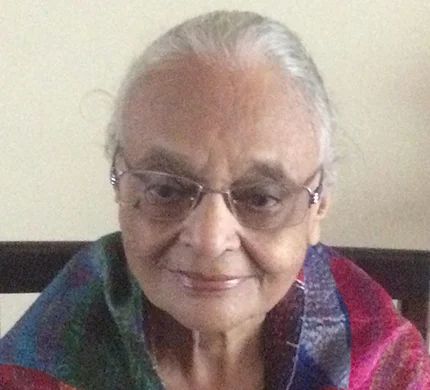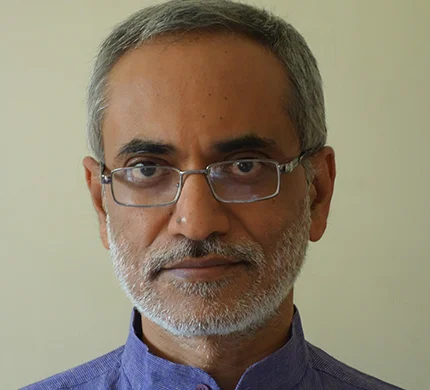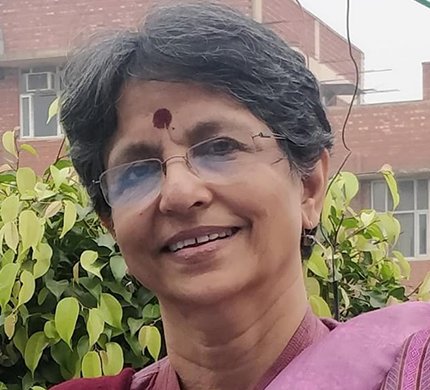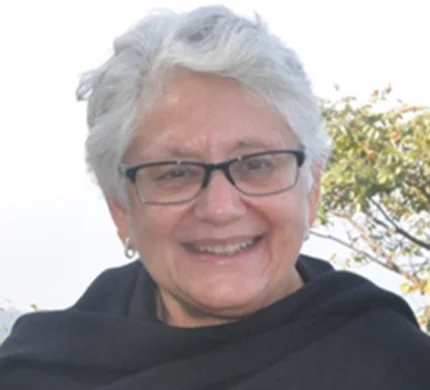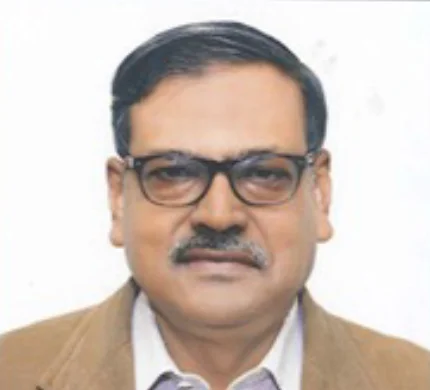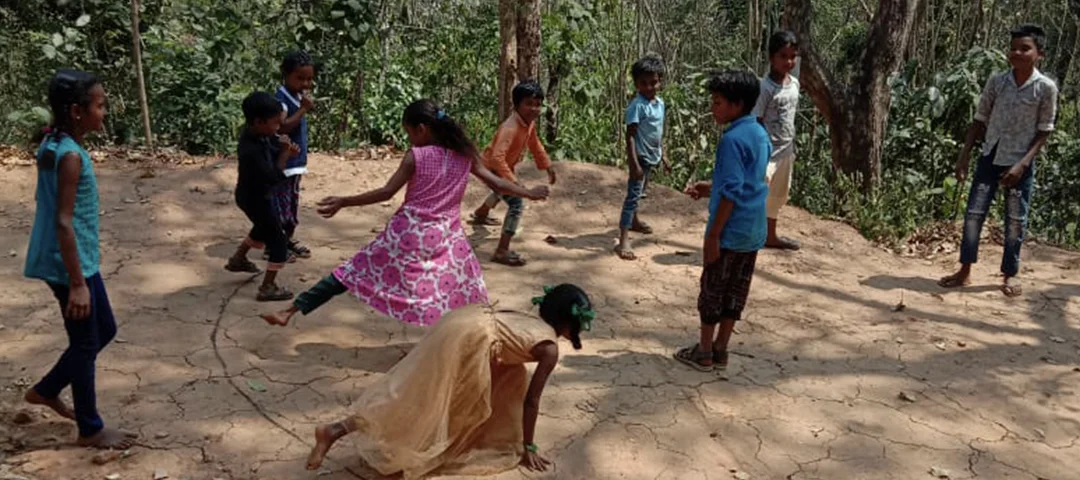
The education question for the four indigenous communities of Gudalur has been shrouded in silence by those in power and on the rare occasions that the shroud has been lifted, the people themselves have seldom had their say. This study intends to explore the ways in which the indigenous students have experienced the education system so far, the issues they have been facing in it, and an alternate conceptualization and understanding of educational practices geared towards greater equality and justice, as understood by the people of the community. In order to achieve this, the lived experiences of people and the interactions they have had at different levels with the education system are at the center of our research. Qualitative data will be collected through FGDs and workshops with various stakeholders in the system. The sample will consist of around 120 people from the community who are also stakeholders in the education system in various ways. At the completion of this project, the tangible outputs will take the form of two books and an article that will share our findings with academic and non-academic audiences while on the intangible side, the vision co-created with the community will inform and shape our practice going forward.
Key Words: Marginalised Communities, Tribal Education, Alternative Education, Quality Education, Social Justice
Key Themes:
Indigenous and Decolonised Knowledge, Educational Practice
Project Site:
Gudalur, Tamil Nadu
Principal Investigator:
Chinmayi J
Co-Investigator:
Gangadharan P

